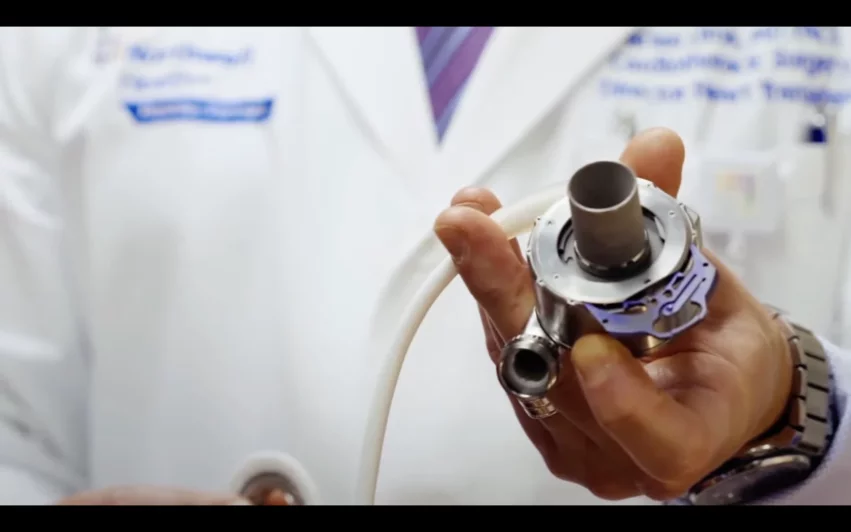Abbott’s HeartMate LVADs recalled again over screen issues—FDA highlights significant risks
The U.S. Food and Drug Administration (FDA) has announced that Abbott is recalling the system monitors of its HeartMate left ventricular assist devices (LVADs) due to ongoing safety concerns.
This is a Class 1 recall, which means using these devices “may cause serious injuries or death.” Abbott’s LVADs were involved in a separate Class I recall in April—and another one in May.
This latest recall was put in place after Abbott received multiple reports of its HeartMate monitor screens experiencing significant issues.
“The screen issues include screen freezing, overlapping buttons or screens, unresponsive buttons, distorted text or graphics, and wrong or missing information on the display,” according to the FDA’s advisory. “These issues can cause a clinician user to inadvertently change pump settings or press the pump stop button. The use of affected product may cause serious adverse health consequences, including decrease in blood pressure and inadequate flow of blood (hemodynamic compromise) caused by a pump stop. This can lead to stroke, irreversible brain damage, heart or organ failure, and death.”
There have been 14 injuries associated with this issue so far. No patient deaths have been reported.
The HeartMate 3 LVAD is approved by the FDA for the long- and short-term treatment of adult and pediatric patients with severe left ventricular heart failure. It is the only device of its kind currently available in the U.S. for this patient population. The HeartMate 3 LVAD works by pumping blood for the patient’s left ventricle, diverting it to other areas of the body. Cardiologists and cardiac surgeons often turn to these devices before or after a heart transplant. In some cases, it is viewed as a permanent destination therapy when nothing else will work. It is used both inside and outside of the hospital setting.
This recall is a correction, not a full product removal
Unlike many recalls, the FDA is not asking customers to return these devices to the manufacturer. The agency and Abbott have shared recommendations for clinicians to follow when using the devices.
For example, users should restart the monitor before connecting it to the patient controller if it “has been running for a long period of time” or if specific screen issues are observed. A full restart, which involves turning the monitor off and then back on, takes approximately 10 seconds. Users are instructed to “check all cables and connections are secure” if screen issues persist—and if they still continue, a different monitor should be used.
If the “Stop Pump” button is inadvertently used due to these screen issues, Abbott recommends “pressing any button on the controller to attempt pump restart.” If a “Pump Off Alarm” is triggered, it can be resolved by following steps included in the LVAD’s instructions.
Click here for more details from the FDA and Abbott.
Abbott comments on new recall
"Importantly, there have been no serious adverse health consequences associated with this issue, and no devices are being removed from the market," an Abbott spokesperson told Cardiovascular Business. "As part of our recent communication, Abbott counseled physicians and clinics on how to overcome this atypical screen behavior and the importance of utilizing the newer HeartMate Touch controller to avoid challenges with the former System Monitor.”


